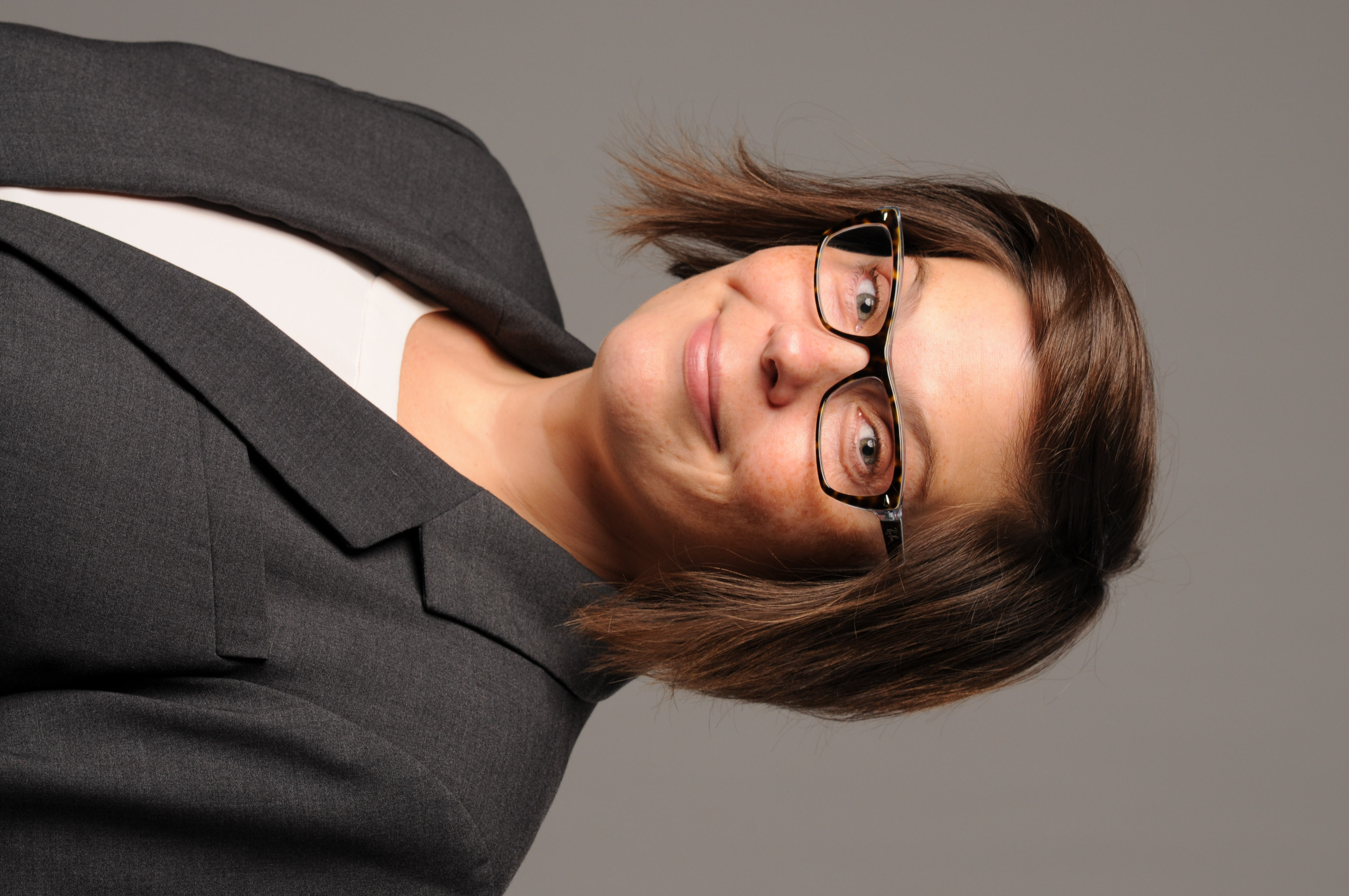 Interview with CAFE Fellow Dr. Billie Anderson (billie.anderson@umkc.edu), UMKC Henry W. Bloch School of Management
Interview with CAFE Fellow Dr. Billie Anderson (billie.anderson@umkc.edu), UMKC Henry W. Bloch School of Management
1) Why did you want to be a CAFÉ fellow? What are you excited about?
What interested me was the call for someone to work with student outcome data with Chairs and Deans across campus. Data is a powerful instrument, and when used appropriately, can allow us to obtain a closer look at our students. We can understand their interests, strengths and weaknesses, the elements that attract them to UMKC and the elements that retain students at UMKC. This in-depth view of our students allows UMKC to be proactive on many different levels in how we can engage our students: their educational needs, activities and programs that UMKC offers, program reform needs and future directions necessary to be more student-centric.
2) What do you hope to accomplish this year? Are there any particular goals? What do you think the legacy of your work will be?
I hope to complete a gap analysis for several academic programs this year, including Foreign Languages, History and Computer Science. “Gap analysis” means determining if a difference exists between what an academic program expects the student to be able to perform and the reality of what the student can perform. The goal of the gap analysis is to combine signature assessments from capstone or capstone-like classes with demographic data to see if any patterns emerge that can help us make changes to support student success.
I hope the legacy of the program will be to develop or suggest a template that other academic programs can use to perform gap analysis, enhance their programs and promote student excellence.
3) How does your research or role as faculty member inform your interest and work as a CAFE fellow?As a classically-trained statistician, I enjoy nothing more than analyzing and interpreting data. My role as an Assistant Professor of Applied Statistics in the Bloch School of Management gives me the opportunity to teach students how to take raw data and create a visualization, report or model that will provide insight to an organization. I see myself in this exact role as a CAFE fellow working on gap analysis for various academic programs.
In addition, I have teamed up with Dea Marx (Senior Program Manager for Student Support Services) and Kim McNeley (Vice Provost for Curriculum and Assessment) to create a proposal for the Assessment Institute hosted by IUPUI (Indiana University-Purdue University) for 2022 related to the gap analyses that will be performed and their implications in higher education. In particular, if the proposal is accepted, we will also submit a proposal for publication in the journal of Research & Practice in Assessment (RPA). RPA has teamed up with the Assessment Institute to select sessions/papers for the RPA Best Scholarly Presentation Award.